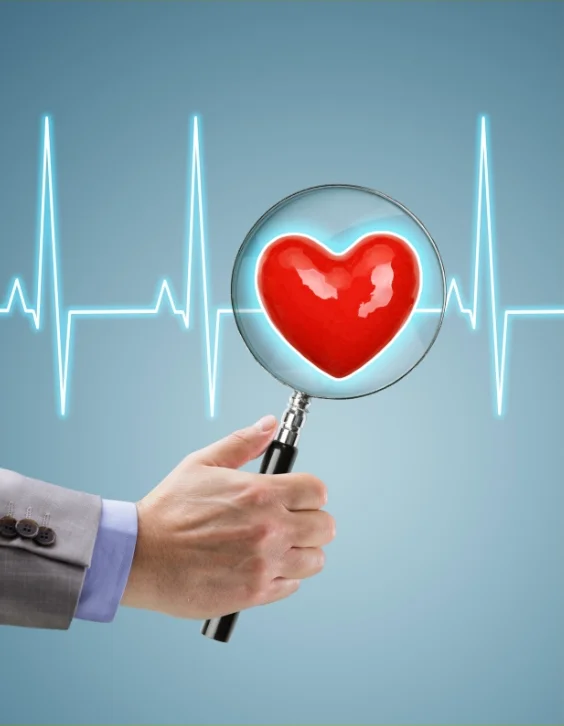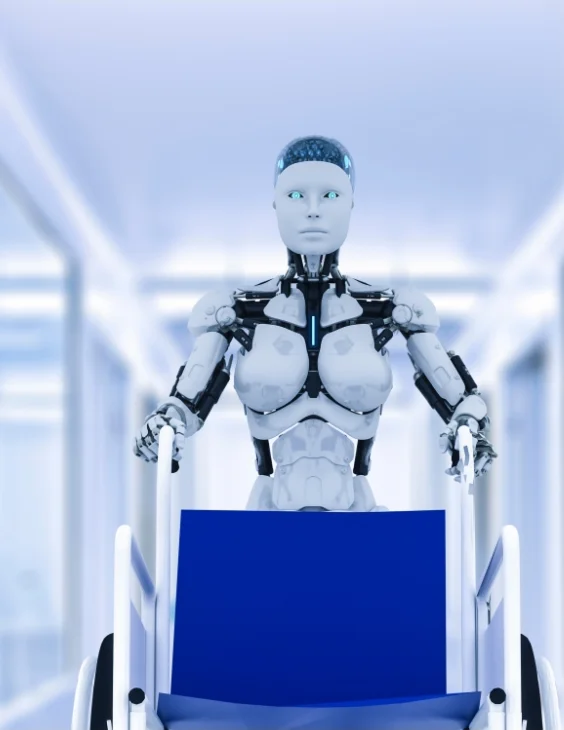The healthcare industry is rapidly adopting new technologies like artificial intelligence, machine learning, and big data analytics to improve patient outcomes. One area that shows great promise is real-time clinical decision support systems. These systems analyze patient data as it is generated and provide recommendations to clinicians at the point of care. Real-time decision support has the potential to transform healthcare by enabling more personalized, data-driven treatment plans.
What is Real-Time Clinical Decision Support?
Real-time clinical decision support refers to computerized systems that analyze patient data as it is being collected and immediately provide evidence-based recommendations to clinicians. This is different from traditional clinical decision support tools that run retrospectively on batches of data. Real-time systems allow clinicians to leverage large amounts of data from electronic health records, medical devices, and other sources at the time treatment decisions need to be made.
Some examples of real-time clinical decision support include:
- Clinical alerts and reminders that are triggered by certain patient parameters. For example, if a patient's potassium levels fall outside the normal range, an alert prompts the clinician to take action.
- Computerized physician order entry systems that provide recommendations for medications, tests, or procedures based on the patient's current status. The system may warn against potentially dangerous drug interactions or duplicative tests.
- Dashboards that aggregate and visualize patient data from multiple sources to give clinicians an at-a-glance overview of the patient's condition. Changes and trends are highlighted to focus clinical attention.
- Smart infusion pumps that track medication doses and intervene if unsafe amounts are administered. This prevents medication errors and overdoses.
- Wearable patient monitors that track vital signs in real-time and send alerts if life-threatening conditions are detected. This allows early intervention for adverse events.
The key components that enable real-time clinical decision support are advanced analytics, clinical reporting tools, and integration with electronic health records. Powerful algorithms crunch through massive datasets to uncover patterns and correlations. These analytical insights are then surfaced to clinicians via patient dashboards, alerts, and other tools integrated into their regular workflow.
Benefits of Real-Time Clinical Decision Support
Real-time clinical decision support offers several advantages over traditional retrospective analysis of data:
- Personalized care: Systems can take into account the specific patient's health history, genetic factors, and current condition to make tailored treatment recommendations. This enables precision medicine approaches.
- Improved outcomes: Studies have found real-time decision support can lower mortality rates, reduce complications, decrease medical errors, cut costs, shorten hospital stays, and boost clinician compliance with evidence-based treatment guidelines.
- Increased efficiency: Clinicians get actionable insights at the right time without having to sort through volumes of data themselves. This streamlines workflows.
- Enhanced patient safety: Potential adverse events like drug interactions or abnormal lab results are flagged before harm occurs, allowing preventive care. Decision support systems act as a safety net.
- Reduced costs: Avoiding medical errors and unnecessary procedures lowers healthcare spending. Likewise, faster treatment times reduce hospitalization costs.
- Improved clinician satisfaction: Reducing administrative tasks allows more time for direct patient care. Intuitive decision support also reduces stress and burnout.
Current Adoption of Real-Time Clinical Decision Support
The healthcare industry is still in the early stages of adopting real-time clinical decision support capabilities. Several leading academic hospitals and large health systems have implemented real-time CDS, but wider adoption has been gradual. Barriers like high upfront costs, lack of interoperability between IT systems, clinician skepticism, and privacy/security concerns have slowed deployment. However, the COVID-19 pandemic accelerated interest in real-time analytics to manage infections and scarce resources.
The parts of healthcare where real-time decision support are most mature currently include:
- Intensive care units: Monitoring critically ill patients generates massive data streams well-suited for real-time analysis and intervention.
- Sepsis detection: Quickly flagging this life-threatening condition lets physicians intervene rapidly.
- Cancer care: Analyzing genetic factors helps target the most effective chemotherapy regimens.
- Surgery: Smart checklists and reminders reduce errors and speed recovery.
- Hospital rapid response teams: Data triggers mobilization of experts to deteriorate patients before conditions become critical.
As artificial intelligence, sensors, and other technologies advance, real-time decision support will expand into more areas of clinical medicine, patient monitoring, and hospital operations.
The Future of Real-Time Clinical Decision Support
Real-time clinical decision support is poised to become a foundational component of the future smart hospital. Here are some emerging areas researchers are exploring:
- Incorporating streaming data from wearable devices for continuous patient monitoring and early diagnosis. Smartwatches and other wearables will provide a wealth of real-time patient data.
- Expanding real-time analytics across hospital units. Logistics optimization can improve equipment availability, staff allocation, and workflow.
- Closed-loop systems where the decision support tool can actually implement recommended actions rather than just alerting clinicians. This automates more rote tasks.
- Natural language processing to quickly extract insights from unstructured physician notes, reports, and other text-based data sources. This data is currently underutilized.
- Seamless integration of decision support with telemedicine platforms to aid remote clinicians. COVID-19 necessitated rapid telehealth scaling.
- Personalized decision support based on both patient data and individual clinician patterns. For instance, a system learns a physician frequently overrides a lab test prompt and adjusts alerts accordingly.
- Blockchain-enabled data sharing between healthcare networks and consumer wearables to feed real-time systems. Blockchain builds trust.
- Edge computing and AI acceleration hardware to run complex models directly on medical devices versus in the cloud. This reduces latency.
Wrapping up
The future of healthcare will be data-driven, personalized, and proactive. Real-time clinical decision support is the connective tissue that will get us there by harnessing data abundance to guide better clinical decisions. Healthcare organizations that embrace real-time analytics will be best positioned to improve care quality and patient outcomes in the years ahead.






.webp)


%20(1).png)
.png)
%20(1).png)


%20(1).png)




%201.png)
